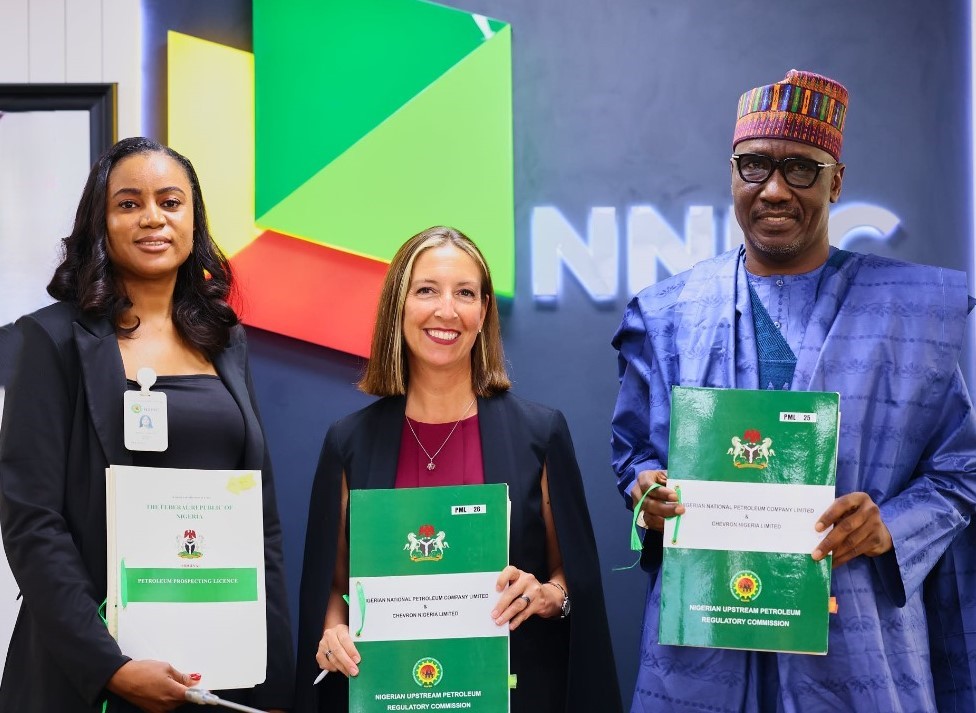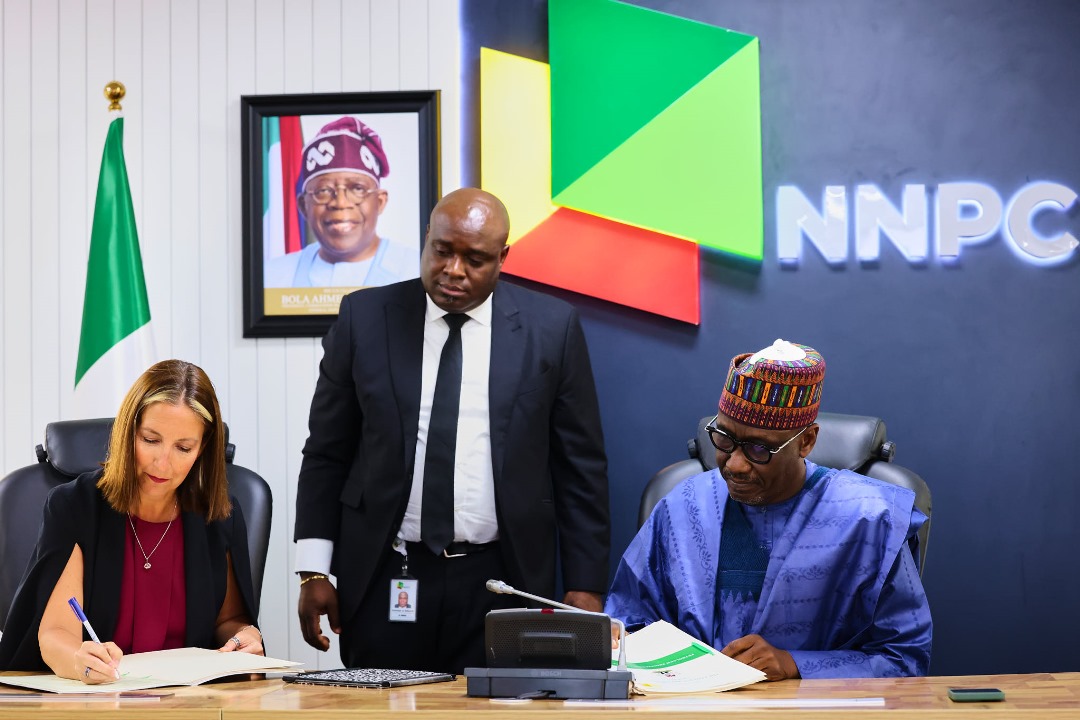By Joke Kujenya
NIGERIA’s OIL and gas industry is seeing significant changes as the Nigerian National Petroleum Company Limited Ltd (NNPCL), and Chevron Nigeria Ltd (CNL), completed the conversion of five joint venture assets under the Petroleum Industry Act (PIA) 2021.
The move transitions these assets from the Petroleum Profit Tax (PPT) framework to the more investor-friendly PIA terms.
This requires all existing Oil Prospecting Licenses (OPLs) and Oil Mining Leases (OMLs) to automatically convert to Petroleum Prospecting Licenses (PPLs) and Petroleum Mining Leases (PMLs) upon expiration.
However, companies also have the option to voluntarily switch before their licenses expire, as NNPC and Chevron have done.
The PIA mandates that existing Oil Prospecting Licenses (OPLs) and Oil Mining Leases (OMLs) convert to Petroleum Prospecting Licenses (PPLs) and Petroleum Mining Leases (PMLs) when they expire.
Also, companies are allowed to voluntarily switch to the PIA framework before their licenses end.
Many see the PIA terms as a more investor-friendly environment compared to the outdated PPT framework.
In a ceremony held at NNPC Towers, the agreement was formalized with the conversion of five OMLs into four PPLs and 26 PMLs.
This significant step is expected to boost domestic gas supplies and enhance Nigeria’s position in the global market.
The conversion reflects the NNPC’s and CNL’s commitment to expanding Nigeria’s oil and gas production capabilities.

The Group CEO of NNPC Ltd, Mr. Mele Kyari, lauded Chevron as a key partner that has maintained its commitment to Nigeria’s energy sector.
He noted that Chevron has not exited oil production in shallow waters, unlike some competitors.
Kyari further pledged to strengthen the partnership with Chevron, creating more value for both sides and ensuring Nigeria’s active role in both domestic and export gas markets.
Kyari also commended the Nigerian Upstream Petroleum Regulatory Commission (NUPRC) for facilitating the conversion process.
The event marks a positive step in Nigeria’s energy landscape, with key stakeholders confident in the benefits of the transition.
Mrs. Michelle Pflueger, Chevron’s Director of Deepwater and Production Sharing Contract (PSC), reaffirmed CNL’s commitment to the converted assets.
She highlighted the significance of this change for both companies, expressing optimism about future collaborations.
NNPC’s Executive Vice President, Upstream, Mrs. Oritsemeyiwa Eyesan, emphasized the strategic advantages of the PIA over the previous PPT regime.
She highlighted that the move aligns with the successful implementation of the PIA, which aims to reform the petroleum industry in favor of better growth and investment opportunities.
NNPC’s Chief Upstream Investment Officer, Mr. Bala Wunti, outlined the anticipated increase in oil production resulting from the conversion.
Both NNPC and Chevron are focused on hitting the target of 165,000 barrels of oil per day by the end of 2024.
Wunti stressed the importance of maintaining stability in the network and ensuring consistent gas supply, particularly to Nigeria’s domestic market.
The asset conversion signals a major advancement in the country’s oil and gas industry, underpinned by the implementation of the PIA.
Both companies are looking ahead to achieving greater milestones in the coming years.





